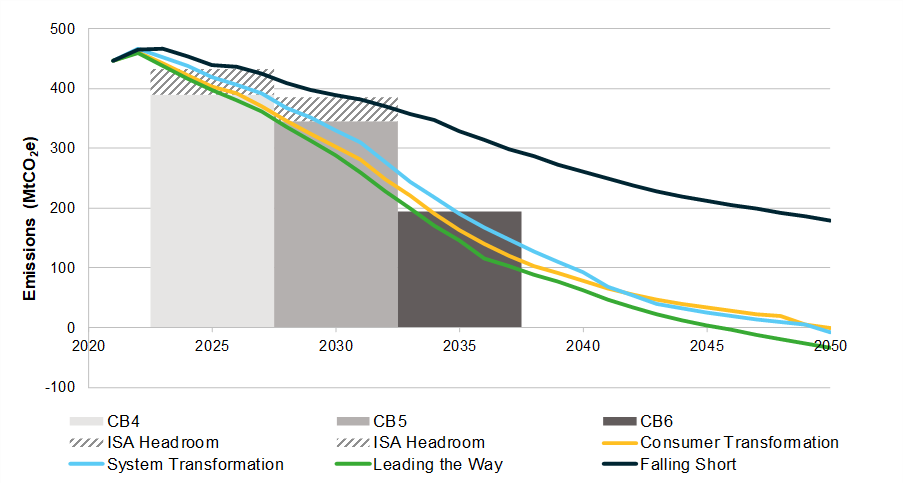Honest Conversations about Climate Change are difficult

If we fail to stop adding greenhouse gases to the atmosphere by 2050, the science predicts a bleak future. Being honest entails acknowledging the severe risks of slackening the pace of the green transition at this point in time, especially where it seems to be difficult.
The science equally predicts the need to halve global emissions by 2030 in order to avoid the likelihood of dangerous tipping points. Being honest means recognising that changes to the climate are driven by cumulative CO2 emissions. So, as well as meeting the mid-century net zero milestone, large and immediate emissions reductions are necessary and cannot be postponed.
A climate neutral future relies on technology unproven at scale
A third area where the public discourse lacks clarity relates to the dependency we are placing on technology innovation today and in the future. Being honest would not raise hopes that the cavalry will arrive soon bearing silver bullets to relieve the climate siege. This is already baked into our plans to avoid catastrophic climate change. A climate neutral future already relies on technology as yet unproven at scale, such as hydrogen, BECCS and Direct Air Capture. De-risking the effects of historic global emissions and those inevitably to come up to 2050 already assumes huge increases in net negative global emissions beyond the assumed climate neutral point in 2050. These are needed to draw down the concentration of CO2 in the atmosphere from a level which may be close to 500 ppm by 2050 to a more benign level over the next century (it is currently at 420 ppm and was 280 ppm before the industrial revolution started).
Playing politics with net zero is a dangerous game
It is challenging for politicians if any individual country achieves the targets implied by the science and yet most others do not. Some people might label these efforts futile. But being honest means acknowledging the purpose of showing leadership to inspire others to step up. This is fundamentally why it is dangerous to play politics with net zero.
The Prime Minister's roll-back of green policies
The detail of UK Prime Minister Sunak’s proposals on EVs are not that unreasonable: mandating that at least 80% of new vehicles sold in the UK must be zero emission by 2030, with a big financial stick for any manufacturer which falls short. A 50% increase in the boiler upgrade scheme grant should prove a useful boost to market take-up. Neither needed to be framed as a weakening of the pace of change towards net zero.
However, the deletion of the MEES Regulations for PRS landlords represents a hole below the waterline for this administration’s own Heat and Buildings Strategy. It also condemns vast numbers of UK households to continuing fuel poverty. It is a perverse step during a cost of living crisis triggered largely by high energy prices.
It is also unnecessarily damaging to disparage personal efforts to make a positive contribution by, for example, eating less meat, recycling or taking fewer flights. The government’s own nudge unit as well as the Climate Change Committee endorse the creation of a common sense of purpose which supports the behaviour changes that can help the country attain its net zero goals.
A further undermining of the UK’s net zero strategy came at the end of last week with the dissolving of the Energy Efficiency Task Force. This suggests the recently announced policy aim to reduce the UK’s energy use by 15% by 2030 has been abandoned.
Are we at risk of falling short?
Looking at National Grid’s Future Energy Scenarios from July this year, three of the four scenarios considered do reach net zero by 2050, not surprising as this outcome is a legal requirement of the Climate Change Act 2019 Amendment. By the end of last week, it felt like our destiny was at risk of shifting to the fourth scenario: Falling Short.

